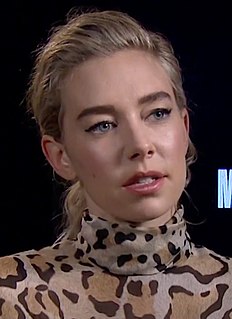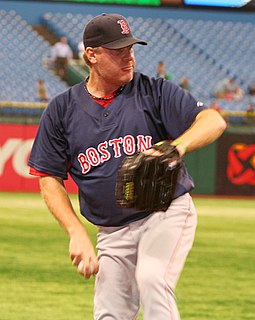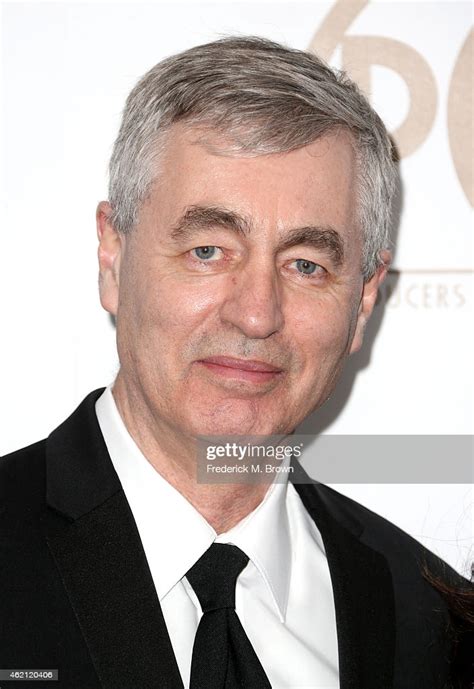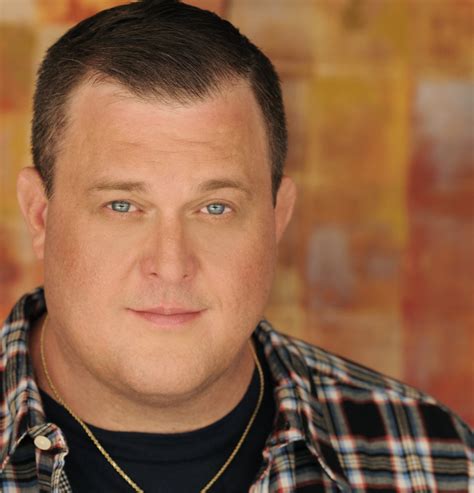A Quote by George Saunders
I watched a documentary about the immigrant crisis around the world. And it does make me blush at all the times I've stood up on the stage and given your speech about the healing power of fiction.
Related Quotes
It's difficult to make movies. For me it was easier, as a refugee in Switzerland, to make documentary films, because I didn't need a lot of money for it. The way I tell my story or my opinion would be very similar in both fiction and documentary forms. But I found I could speak more effectively to convey this brutal reality through documentary than I could through fiction.
There are things that make me excited about what I'm doing: Trouble the Water [the 2008 documentary Glover executive produced] on New Orleans, or something like Soundtrack for a Revolution, about the power of the music of the civil rights movement [which he executive produced in 2009]. Or Bamako, about the African debt crisis, a platform to discuss the experience of people who actually live it. All of these are important ways we can use film as a forum inviting people into a dialogue.
I've been talking about income inequality in America for twenty years, and when I was president, people didn't pay much attention to it, probably because wages were going up. But I don't think I've given a single solitary speech since I left office that I hadn't talked about it. It's a problem around the world and within the United States. So these people have put that on the agenda.
I will never forget that the only reason I'm standing here today is because somebody, somewhere stood up for me when it was risky. Stood up when it was hard. Stood up when it wasn't popular. And because that somebody stood up, a few more stood up. And then a few thousand stood up. And then a few million stood up. And standing up, with courage and clear purpose, they somehow managed to change the world.
And then as I got older, see, I think a lot of times with comics, your life kind of permeates your act. Whatever is happening in your life is what's going on on stage. So if you're angry in your life, then that's going to be on stage. If you're looking for the guy that's just going to make you laugh for an hour and forget about, that's me.
The themes that run through all my work are that consciousness is the ultimate reality; and that by understanding consciousness, you understand everything about yourself, about perception, about creativity, about behavior, about relationships. By understanding consciousness, you have the ability to create anything in your world. And you have the ability to influence also the collective consciousness to not only bring about personal healing, but social transformation, and ultimately healing our planet, which happens to be extremely wounded.






































